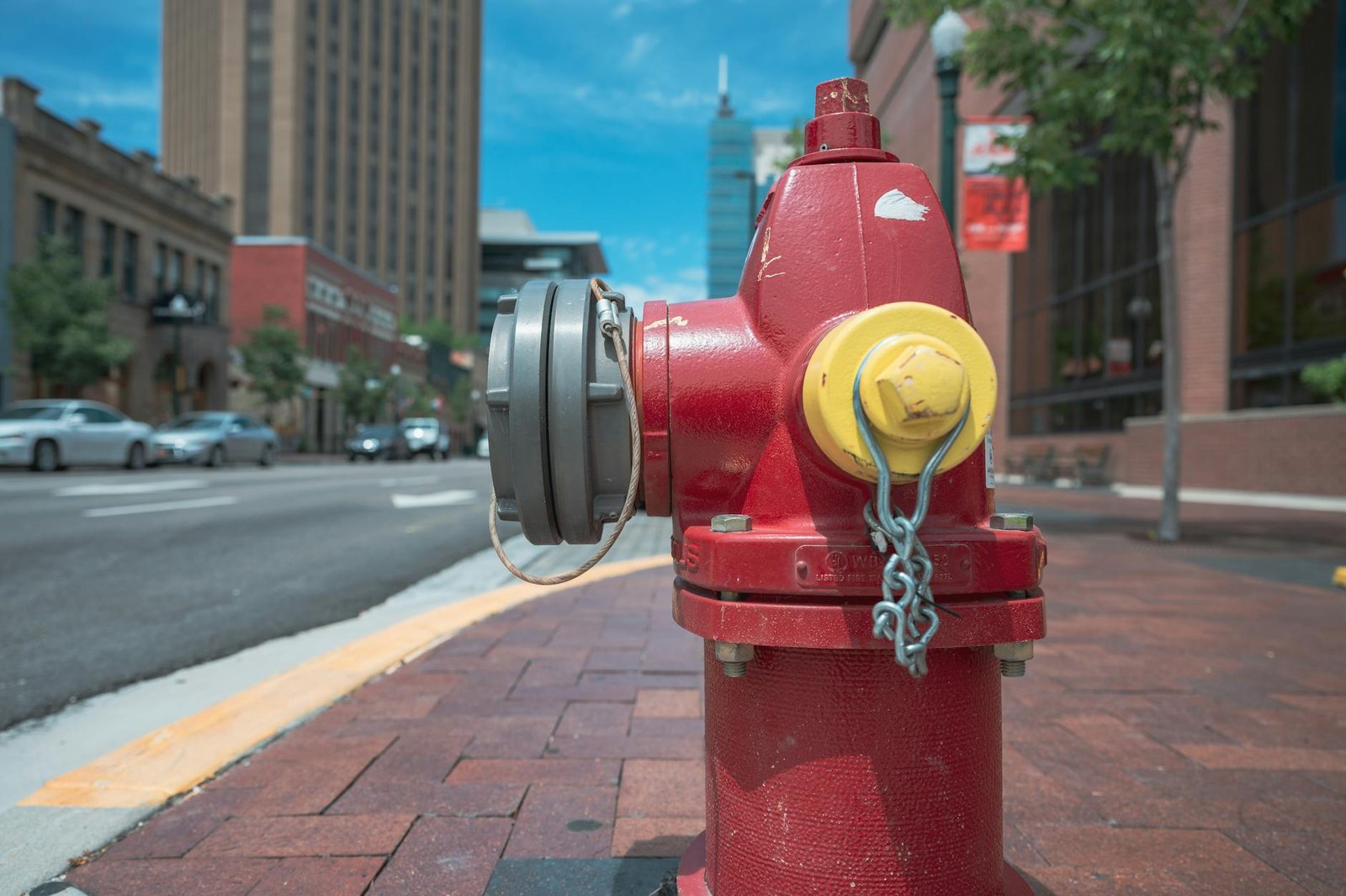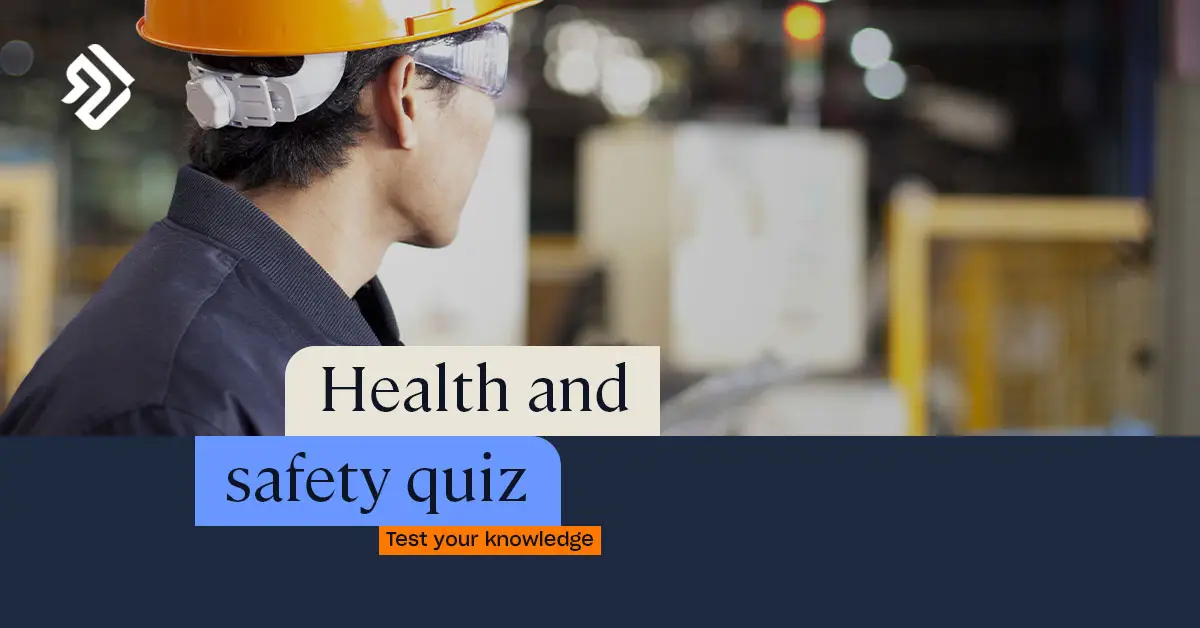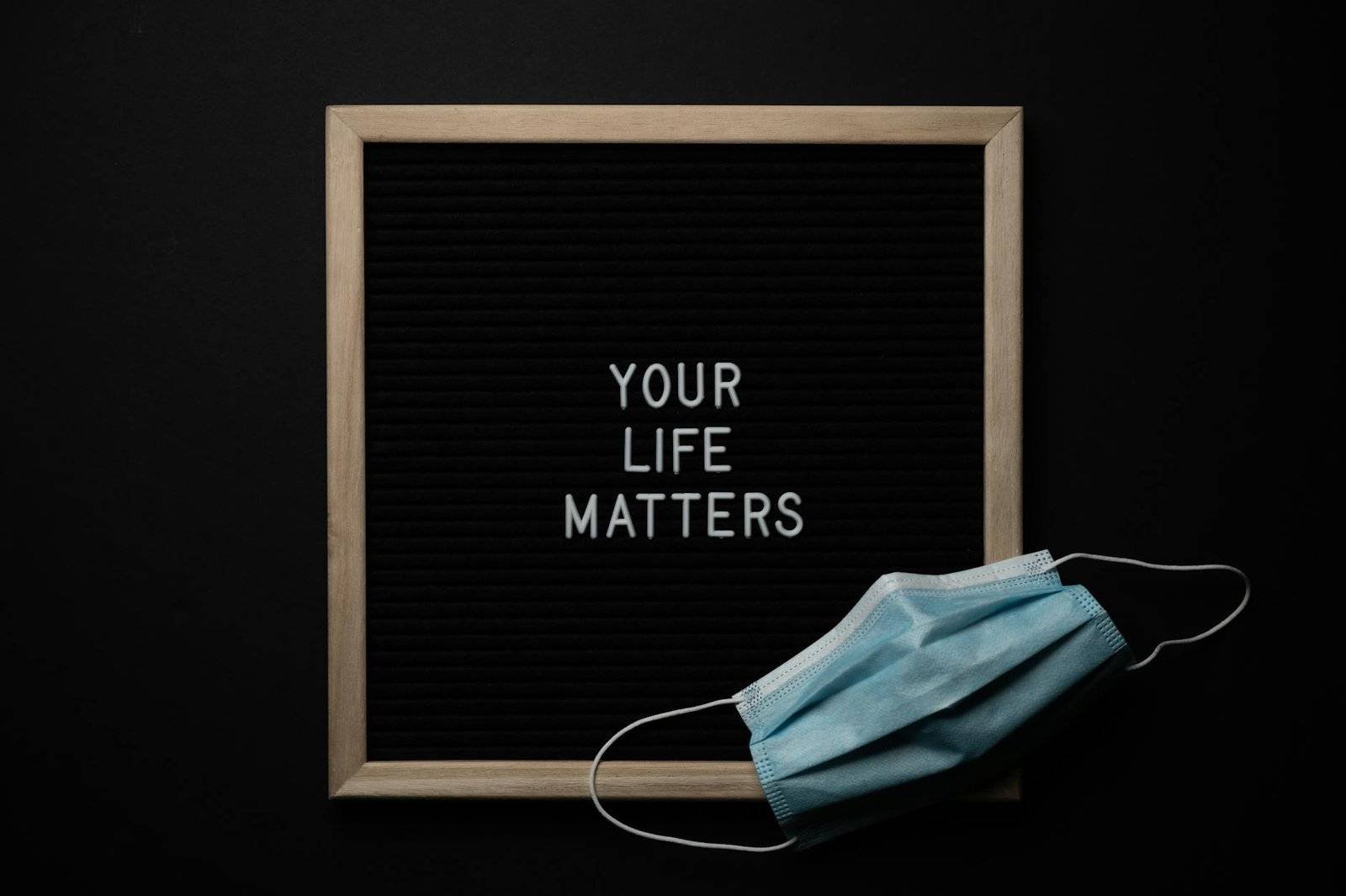Workplace Safety Quiz 2024
Purpose: Workplace safety is crucial, and this quiz aims to reinforce a safety culture. It helps organizations measure the effectiveness of safety knowledge among employees and encourages proactive safety measures.
- What is the primary goal of workplace safety?
A) To increase profits
B) To protect employees from harm
C) To reduce productivity
D) To increase paperwork
Answer: B) To protect employees from harm - Why is it important to report hazards and incidents in the workplace?
A) It increases workload for management
B) It helps identify and control risks
C) It’s not necessary
D) It can lead to disciplinary action
Answer: B) It helps identify and control risks - What should you do if you notice a spillage in the workplace?
A) Ignore it B) Clean it up yourself
C) Report it to the appropriate person
D) Wait for someone else to clean it up
Answer: C) Report it to the appropriate person - Which of the following is a common cause of workplace accidents?
A) Following safety procedures
B) Proper training
C) Ignoring safety rules
D) Using safety equipment
Answer: C) Ignoring safety rules - How can you contribute to a safety culture in the workplace?
A) By ignoring safety rules
B) By reporting hazards and incidents
C) By avoiding safety training
D) By taking unnecessary risks
Answer: B) By reporting hazards and incidents - What should you do if you’re unsure about how to safely perform a task?
A) Guess and proceed
B) Ask a colleague who may know
C) Skip the task D) Proceed without further consideration
Answer: B) Ask a colleague who may know - What is the purpose of safety data sheets (SDS)?
A) To provide recipes for cooking
B) To provide information on hazardous chemicals
C) To list office supplies
D) To provide entertainment
Answer: B) To provide information on hazardous chemicals - Who is responsible for ensuring a safe working environment? A) Only the management B) Only the safety officer C) Everyone in the workplace D) Only the HR departmentAnswer: C) Everyone in the workplace
- When should you wear personal protective equipment (PPE)?
A) Only when convenient
B) Only when someone tells you to
C) Only when working with hazardous materials
D) Whenever required by your employer
Answer: D) Whenever required by your employer - What should you do if you witness a near miss in the workplace?
A) Ignore it
B) Report it immediately
C) Wait for someone else to report it
D) Document it in your personal log
Answer: B) Report it immediately - What is the correct way to lift heavy objects?
A) Bend at the waist and lift with your back
B) Keep your back straight and lift with your legs
C) Lift with one hand to maintain balance
D) Twist your body while lifting
Answer: B) Keep your back straight and lift with your legs - What should you do before using a machine or equipment?
A) Read the manual and receive training if necessary
B) Use it immediately to save time
C) Skip reading the manual if you are experienced
D) Start the machine and figure it out as you go
Answer: A) Read the manual and receive training if necessary - Why is it important to keep work areas clean and organized?
A) It looks better
B) It reduces the risk of accidents
C) It’s easier to find things
D) It’s not important
Answer: B) It reduces the risk of accidents - What should you do if you see a damaged electrical cord?
A) Use it anyway
B) Repair it yourself
C) Report it and don’t use it until it’s fixed
D) Ignore it
Answer: C) Report it and don’t use it until it’s fixed - What is the correct way to use a fire extinguisher?
A) Aim at the base of the fire and sweep from side to side
B) Aim at the flames and spray continuously
C) Point it upward and spray
D) Shake it vigorously before using
Answer: A) Aim at the base of the fire and sweep from side to side - What should you do if you smell gas in the workplace?
A) Report it immediately and evacuate if necessary
B) Ignore it - C) Try to locate the source yourself
D) Open windows to ventilate the area
Answer: A) Report it immediately and evacuate if necessary - Why is it important to wear appropriate footwear in the workplace?
A) It looks professional
B) It’s more comfortable
C) It reduces the risk of foot injuries
D) It’s not important
Answer: C) It reduces the risk of foot injuries - How often should safety equipment be inspected?
A) Never B) Only when it’s convenient
C) Regularly according to manufacturer’s instructions
D) Once a year
Answer: C) Regularly according to manufacturer’s instructions - What should you do if you are feeling unwell at work?
A) Ignore it and continue working
B) Inform your supervisor and seek medical attention if necessary
C) Wait until the end of the day to seek medical attention
D) Leave work without informing anyone
Answer: B) Inform your supervisor and seek medical attention if necessary - Why is it important to take regular breaks during work?
A) To socialize with colleagues
B) To avoid work
C) To rest and prevent fatigue
D) It’s not important
Answer: C) To rest and prevent fatigue













